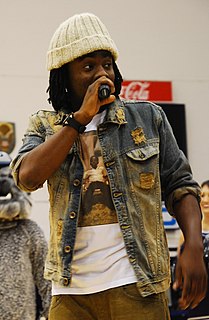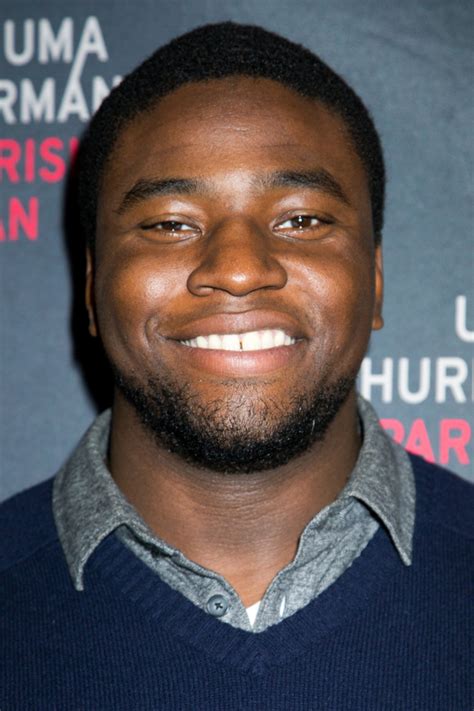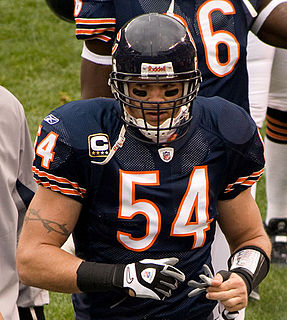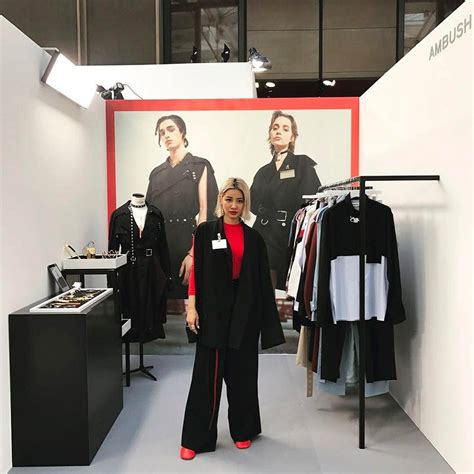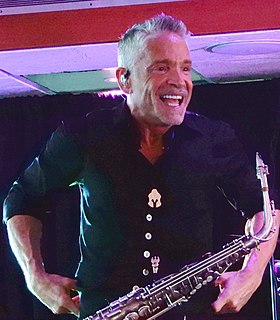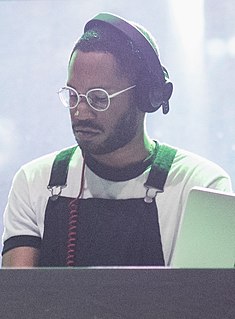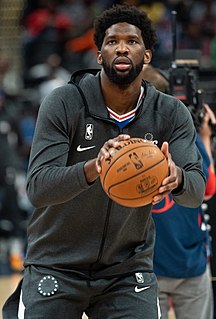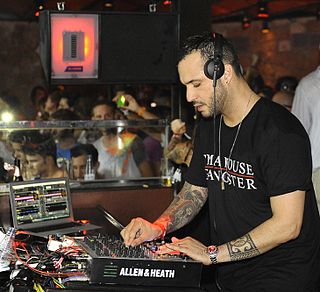A Quote by Pusha T
The fundamentals of hip-hop still play an important role, cause it's about those similes, those metaphors, those parallels. And to some people it's just about, "Man, I'm really relating to the lifestyle."
Related Quotes
I would like to encourage hip hop artists to invite those of us who are in the queer spaces in, so we can have those conversations. I love hip hop. If you bring me in the studio, I know how to act. And we can talk about what's not cool because, clearly, there's still homophobia that penetrates in all these areas.
In this time, we incorporate money and media, and it's split up like apartheid, where when you say "hip-hop," you think just rap records. People might have forgot about all the other elements in hip-hop. Now we're back out there again, trying to get people back to the fifth element, the knowledge. To know to respect the whole culture, especially to you radio stations that claim to be hip-hop and you're not, because if you was a hip-hop radio station, why do you just play one aspect of hip-hop and rap, which is gangsta rap?
Sometimes I'm just a little bit too honest. There was some things that were going on behind the scenes that I didn't like because it's not what hip-hop is about. Hip-hop is about honesty and it's about being real to the people, and I kinda felt like there's some instances where some artists aren't 100% honest with the people. Their integrity is lacking sometimes. And sometimes it comes out.
I think Hip Hop and Gospel are such strong distinct cultures that have problems, unspoken problems obviously, but problems with one another. On the hip hop side, it's the problems of "awe man I don't like the suits and ties," and on the Gospel side it's " awe man they need to pull their pants up." I just think those are minor, really small issues that we just need to get over and learn to help each other. We're all on the same , and in the same boat.
There needs to be structures in place to do something about misrepresentation about hip hop. When awards are given out and the media talk about hip hop, they're confused because they haven't done their homework on it so you have a case where there's an award for the most pop song in the world and it's called 'hip hop'.
Socially, hip-hop has done more for racial camaraderie in this country than any one thing. 'Cause guys like me, my kids - everyone under 45 either grew up loving hip-hop or hating hip-hop, but everyone under 45 grew up very aware of hip-hop. So when you're a white kid and you're listening to this music and you're being exposed to it every day on MTV, black people become less frightening. This is just a reality. What hip-hop has done bringing people together is enormous.
I'm born and raised in Dusseldorf, and my parents emigrated to Germany sometime in the '70s, so I grew up completely different from any other German. I found my love in hip-hop music. Hip-hop was delivering everything that I needed: the message, the lifestyle - everything. I fell in love with it and I'm still hip-hop.





